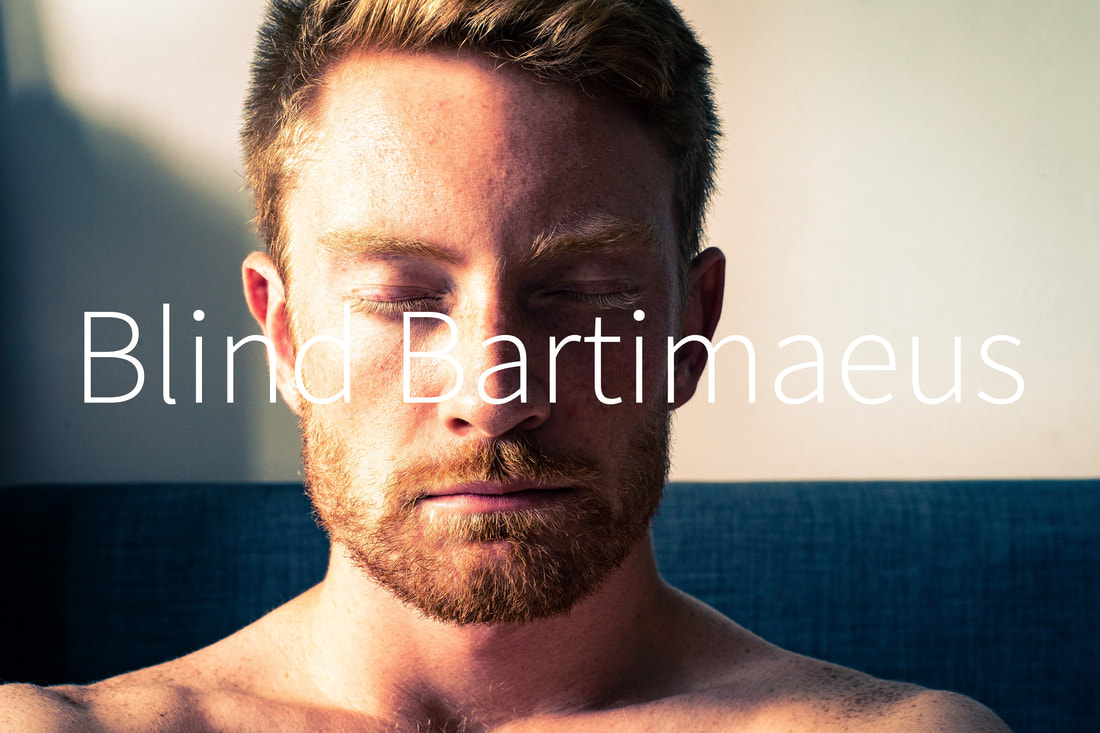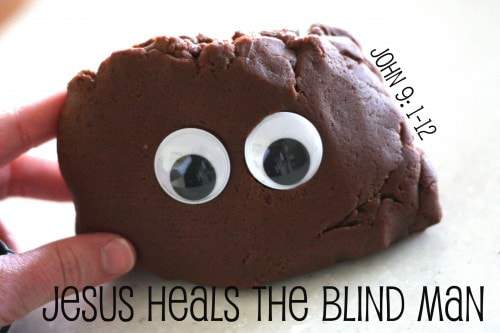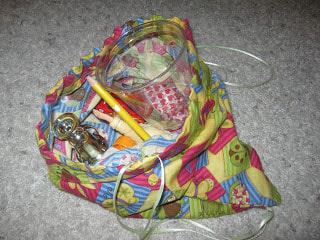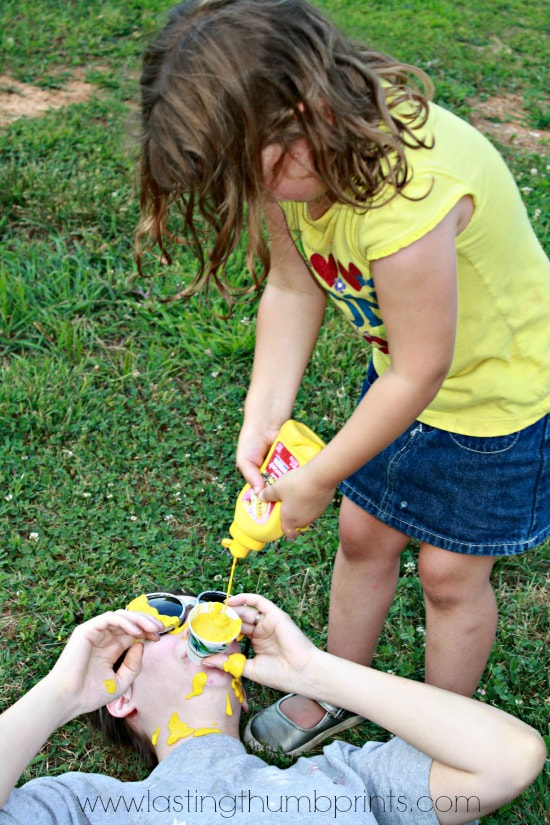27 October 2024
Bible readings for today
Liturgical colour: GREEN |
CollectE te Atua ka whakamoemiti mātou ki a koe,
e tīaho nei te mārama o te Karaiti i roto i tō mātou pōuritanga, te mārama e kore nei e tineia; aratakina mātou i te ara, ā, tae noa ki te rā o te oranga tonutanga; Ko Īhu Karaiti tō mātou Ariki. Āmine. We praise you, God, that the light of Christ shines in our darkness and is never overcome; show us the way we must go to eternal day; through Jesus Christ our Lord. Amen. |
Blind Bartimaeus (Mark 10:46-52)
Today's story looks at how Jesus healed a blind man, named Bartimaeus. The gospels tell of Jesus healing two men of blindness, found in Mark 8 and Mark 10, or John 9. We have included resources and ideas for both in this day, as they may be helpful in coming up with ideas for your church.
Fostering empathy, not sympathyFostering empathy in our children is so important, but when faced with someone who is different or going through a hard time, empathy can become sympathy.
Sympathy just feels bad for a situation and sometimes that’s appropriate. Empathy is more complicated than sympathy, and is the ability to understand others and to put yourself in that person’s shoes. Recent studies suggest that children as young as 2-3 years old can learn empathy. We can help our children be empathetic by modelling empathy, talking openly about what other people are experiencing and achieving, and allowing our children to think about (and perhaps experience) what it might be like to have the challenges in life that others face. Feeling empathy allows us to grow as people, build solid relationships with others and it encourages us to reach out and take positive action to do good. A Simple Blind Bart SkitWhat you need
Photocopy the skit so that each speaking part has a copy. Get into costume and go! Googly Eye Finger PuppetsA word document with instructions can be downloaded here
Gospel ConversationsIn Mark's gospel we are reaching the end of the long journey to Jerusalem, and come to the last healing Jesus performs on the road: giving sight to blind Bartimaeus. Lisa Emerson, Damon Plimmer and Anne van Gend join Michael Godfrey this week to discuss seeing Jesus, Jesus' welcome, and the times we and others might get in the way of that encounter.
|
Seeing Our Faith In ActionBrainstorm ideas of how to help people who are affected by blindness.
Think about one project that you can work together on, to fundraise or raise awareness of the cause. The Fred Hollows Foundation may be a good organisation to connect with in New Zealand, as they send repurposed glasses to end avoidable blindness in Pasifika. Activities
Blind Obstacle CourseWhat you need
What you do
Blindfold GameWhat you need
What you do Explain that you’re going to ask for a volunteer, blindfold that person and then they’re going to have the chance to figure out what three objects are without looking. The blindfolded person will only be able to use their hands.
Choose interesting, but not unknown objects. You can make this more challenging by giving a time limit. You can also have 1-2 more volunteers outside the room and they can then try the same thing (or you can have enough objects that each person can try different ones. |
Media
|
|
|
Some videos based on the healing of the blind man in John 9 (where Jesus uses mud)
|
|
|
|








